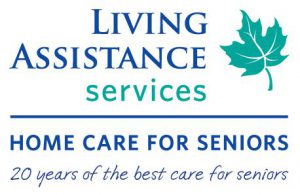Five Myths About Aging

- Brian Porter
Those unattractive, and mostly negative, assumptions about aging and old age have remained with us despite the spectacular increase in life expectancy. Share on facebook Share on google Share on twitter Share on linkedin
For 99% of human history, the average life expectancy was under 18 years of age. So, it’s not surprising that getting older and Healthy Living beyond the average life expectancy led to common, quite unattractive assumptions about aging and old age. Significant advances mostly in public health have precipitated an incredible change. In 1900, human life expectancy had grown to 47 years and, by 2000, life expectancy had become 77 years. (1) But, those unattractive, and mostly negative, assumptions about aging and old age have remained with us despite the spectacular increase in life expectancy. Five, what now can be called ’myths’ of aging, persist:
Myth 1: To be old is to be sick. Actually, most older people today are still able to live independently in their own homes until they reach very advanced age
Myth 2: You can’t teach an old dog new tricks. In fact, older people can easily make changes to improve their lives and situation.
Myth 3: The secret to successful aging is to choose your parents wisely. Genetics are not the only factors determining how we age. The good news is that social and behavioural factors within our control also play and important role in shaping health and well being.
Myth 4: The horse is out of the barn. Many people believe “it’s just too late” to do any good. Yet, we now understand that adopting healthy lifestyle behaviours can provide a payoff at any age.
Myth 5: The elderly don’t pull their own weight. In reality, more and more older people today are attracted by what is called “productive aging”, whether by extending years or paid employment or by engaging in productive roles in their families and communities. (2)
So, have you begun to alter your perception of the meaning of aging and your assumptions related to it?

